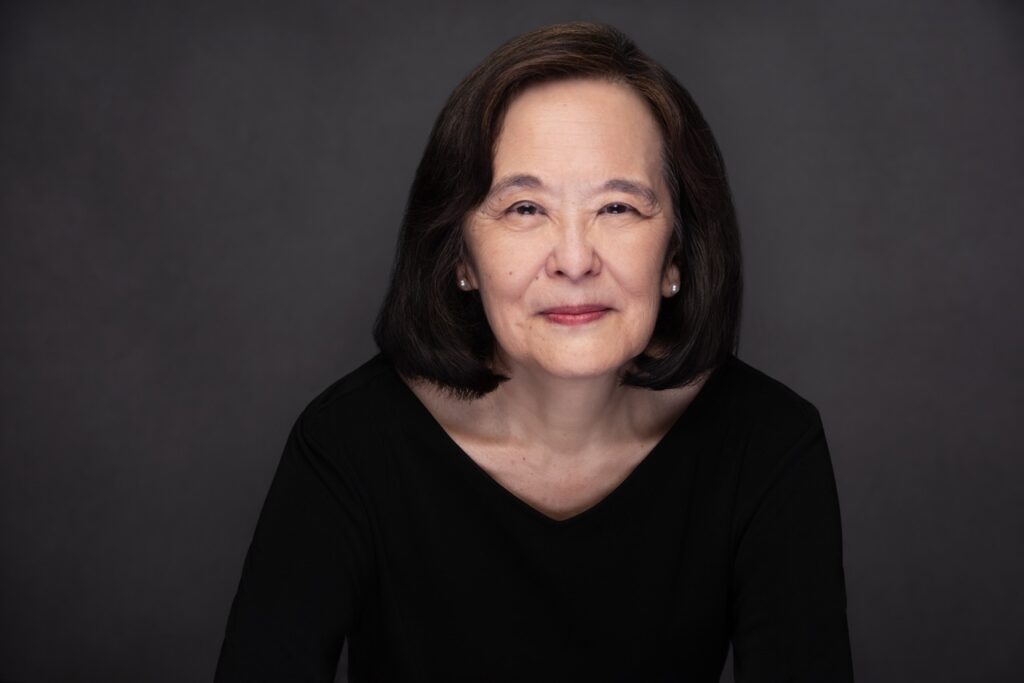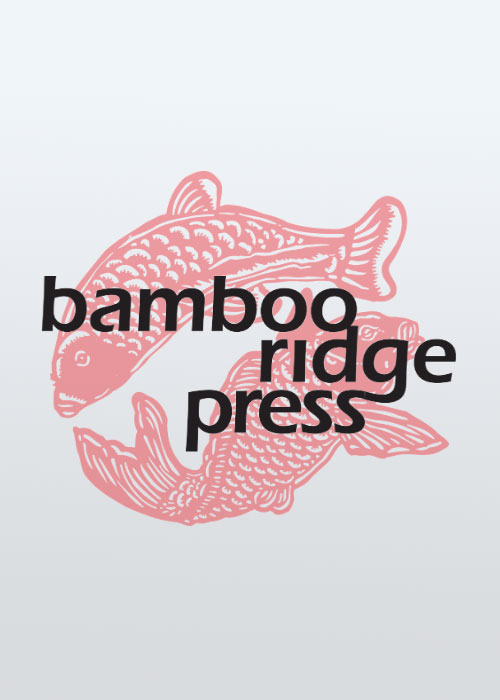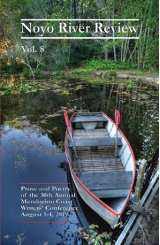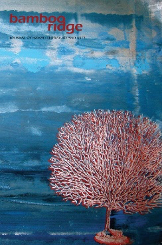About
I live in Hawaii, but was born in Nebraska. It’s been a long, circuitous journey to get to where I am now. Along the way, I’ve waitressed, owned a small plant shop in Colorado, taught in a remote Eskimo village on the Yukon River. In Hawaii, I’ve practiced zen flower arranging, advised clients as a financial advisor.
Over the years, I’ve met new mentors and friends at workshops in Squaw Valley, Tinhouse, Hedgebrook, Mendocino Coast, Kachemak Bay Alaska, and Kauai. A few years ago, I completed the Stanford University online novel writing program. I write short fiction and non-fiction. Recently, I completed a novel.
Thanks for stopping by and hope to keep in touch!
Writing:
THE BAMBOO WIFE
(Novel, seeking representation)
The Bamboo Wife is 80,000 words, historical fiction. The story follows a Japanese bride as she journeys from Japan to join her husband in America. But unlike most brides, she doesn’t settle in Hawaii or California, but in Nebraska. It’s like The Last Samurai meets Little House on the Prairie, with a dash of Pachinko.
In the early 1900’s, when Haru Aoyama arrives in America, she believes her stay will be brief. She thinks she will return to Japan when her husband inherits the Shinto shrine the family has served for a thousand years. But Haru doesn’t know that her husband’s family borrowed heavily to send him to America, and the debt must be repaid before they can ever return. For years, the couple struggle in poverty. After three children are born, her husband sends a son and daughter back to Japan. From this moment on, Haru’s one goal is to reunite the family.
After her husband falls ill and dies, Haru takes over the family business in Nebraska. In 1941, when Japan bombs Pearl Harbor, her son in Japan joins the Japanese army, and her son in America joins the U.S. army. Throughout the war years, Haru faces one new challenge after another, but discovers, like the old Japanese saying, “The bamboo that bends is stronger than the oak that resists.”
The Bamboo Wife is inspired by the life of the author’s grandmother.

First chapter won First Prize for Novel, 2019 Mendocino Coast Writers Conference, judged by Ingrid Rojas Contreras.
“The tension of duty and selfhood are celestial in the opening pages … In it, the grimy tangles of family obligation meet sharply with a young woman’s searching for her identity, even as she is given away to marry.” —Ingrid Rojas Contreras. Noyo River Review. Vol. 8, 2020
“A luminously intimate historical novel about a young Japanese bride whose self-discovery emerges amidst the life and landscape of early 20th century midwestern America. Original and unforgettable.” —Elizabeth Rosner, author of The Survivor Cafe





